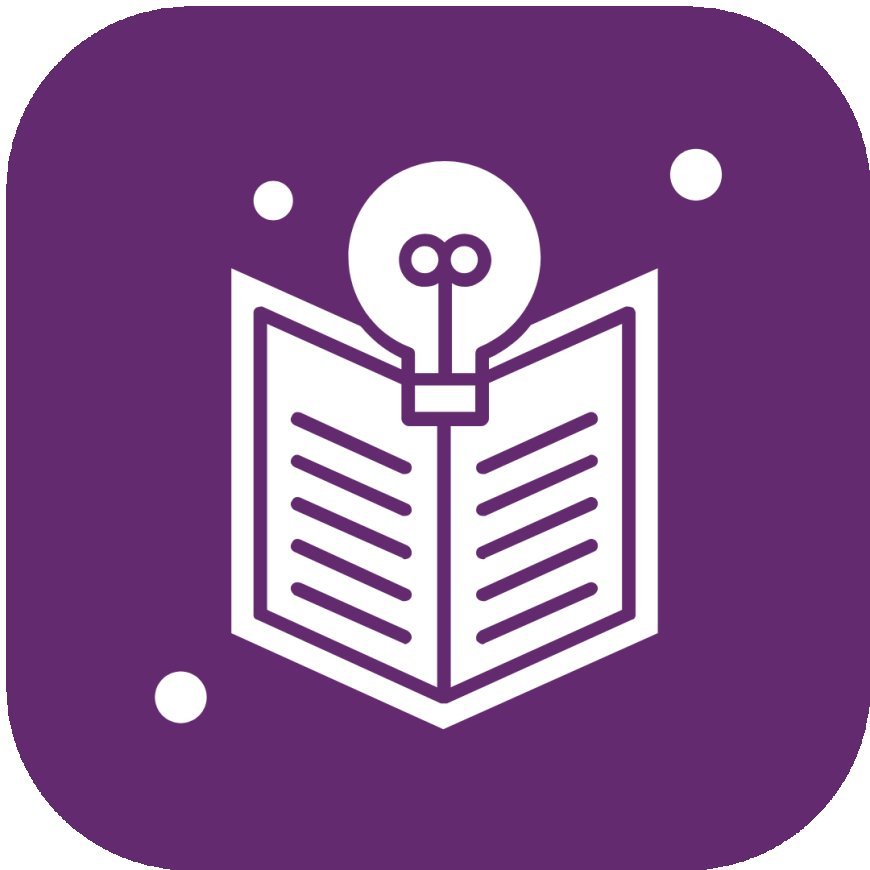Syllabus for the RRB NTPC (Non-Technical Popular Categories) exam

Syllabus for the RRB NTPC (Non-Technical Popular Categories) exam
Here is the detailed syllabus for the RRB NTPC (Non-Technical Popular Categories) exam, covering both CBT 1 (First Stage) and CBT 2 (Second Stage), focusing on three primary sections: Mathematics, General Intelligence and Reasoning, and General Awareness.
RRB NTPC Syllabus for CBT 1 (First Stage)
The CBT 1 exam is a qualifying exam and is common for all posts. It includes 100 questions and has a time duration of 90 minutes. It tests the basic skills of candidates in Mathematics, Reasoning, and General Awareness.
1. Mathematics (25 Questions)
- Number Systems:
- Integers, fractions, decimals, and their applications.
- LCM and HCF, properties of numbers.
- Algebra:
- Basic algebraic expressions, linear equations.
- Solving inequalities.
- Ratio and Proportion:
- Direct and inverse proportion.
- Solving word problems based on ratio and proportion.
- Time and Work:
- Efficiency-based problems, work and wages.
- Pipes and cisterns.
- Percentages:
- Percentage increase and decrease.
- Application in profit and loss.
- Simple and Compound Interest:
- Interest calculation and application to real-world scenarios.
- Time, Speed, and Distance:
- Problems based on trains, boats, relative speed.
- Problems involving average speed and distance.
- Mensuration:
- Perimeter, area, and volume of 2D and 3D figures.
- Problems related to squares, rectangles, circles, cylinders, and cones.
- Profit and Loss:
- Discount, selling price, cost price, and mark-up.
- Geometry:
- Basic properties of angles, triangles, and circles.
- Theorems such as Pythagoras.
- Data Interpretation:
- Graphs (line graphs, bar charts, pie charts), tables.
- Solving problems using graphical data.
2. General Intelligence and Reasoning (30 Questions)
- Analogies:
- Solving analogy-based questions based on relationships between objects, numbers, or words.
- Coding-Decoding:
- Letter and number coding.
- Substitution and reverse coding.
- Mathematical Operations:
- Performing calculations based on replaced operators.
- Syllogisms:
- Logical deduction from given statements.
- Finding conclusions that follow from premises.
- Seating Arrangements:
- Linear and circular seating arrangement puzzles.
- Blood Relations:
- Understanding family relationships and solving related problems.
- Data Sufficiency:
- Determining whether the provided data is sufficient to solve a given problem.
- Puzzles:
- Solving logic-based puzzles (sudoku, crosswords, etc.).
- Decision Making:
- Problem-solving and decision-making based on given scenarios.
- Classification:
- Grouping objects, words, or numbers based on similarities and identifying the odd one out.
- Series:
- Completing numerical or alphabetical series.
- Non-Verbal Reasoning:
- Mirror images, water images, and paper folding.
3. General Awareness (50 Questions)
- Current Events:
- National and international news, major events, awards, and honors.
- Sports, scientific advancements, and technology.
- History of India:
- Ancient, medieval, and modern history.
- Indian freedom struggle, important historical figures and events.
- Geography:
- Indian physical geography: rivers, mountains, plains, climate.
- Important world geography concepts.
- Indian Polity:
- Indian Constitution, fundamental rights, and duties.
- Government structures, judiciary, and Parliament.
- Economy:
- Basic economic terms, economic reforms, inflation, and GDP.
- Major government schemes and welfare programs.
- Indian Railways:
- History of Indian Railways, its structure and operations.
- Major railway projects, recent developments, and achievements.
- Environmental Issues:
- Climate change, conservation efforts, and sustainable development.
- Science and Technology:
- Major scientific discoveries, inventions, and space research.
- ISRO missions, nuclear power, and key advancements in technology.
RRB NTPC Syllabus for CBT 2 (Second Stage)
The CBT 2 syllabus is similar to CBT 1, but the questions are more detailed and advanced, focusing more on the specific post’s requirements. CBT 2 includes 120 questions and has a time duration of 90 minutes.
1. Mathematics (35 Questions)
- The topics remain the same as in CBT 1 but with a higher difficulty level.
- Number Systems
- LCM and HCF
- Ratio and Proportion
- Simple and Compound Interest
- Profit and Loss
- Time and Work
- Time, Speed, and Distance
- Algebra
- Geometry
- Mensuration
- Data Interpretation
2. General Intelligence and Reasoning (35 Questions)
- The reasoning section remains the same but the complexity of the puzzles, syllogisms, and reasoning questions increases.
- Analogies
- Coding-Decoding
- Puzzles
- Seating Arrangements
- Syllogisms
- Series
- Decision Making
- Data Sufficiency
- Mathematical Operations
- Non-Verbal Reasoning
3. General Awareness (50 Questions)
- The focus here is more on recent and advanced general knowledge topics.
- Current Affairs: Recent events in politics, science, technology, and sports.
- Indian Railways: Railway projects, modernization, and rail infrastructure.
- History: Detailed history of India and significant world history events.
- Polity: Understanding Indian government structures, constitution, and fundamental rights.
- Economy: Indian economy, international economics, and significant reforms.
- Geography: World geography, physical geography of India.
- Science and Technology: Space missions, ISRO, scientific discoveries.
Additional Skill Tests for Certain Posts
- Typing Skill Test (TST): Required for Junior Clerk cum Typist, Senior Clerk cum Typist, and similar posts.
- Typing Speed: 30 words per minute in English or 25 words per minute in Hindi.
- Computer-Based Aptitude Test (CBAT): For Station Master and Traffic Assistant.
- Focuses on testing the candidate’s aptitude for decision-making, quick reactions, and multi-tasking.
Conclusion
The RRB NTPC syllabus is comprehensive, covering fundamental and advanced topics in Mathematics, Reasoning, and General Awareness. The syllabus for CBT 2 is more advanced compared to CBT 1, with a focus on in-depth understanding and problem-solving. Candidates preparing for the NTPC exam should focus on regular practice, mock tests, and revising key concepts to perform well in both stages.


 Achievers Team
Achievers Team 





